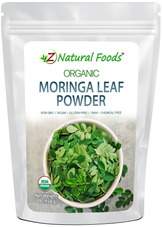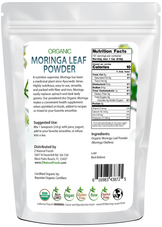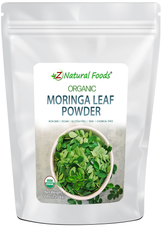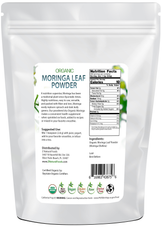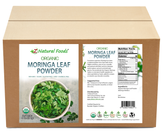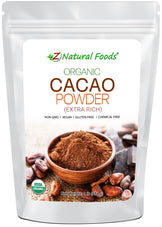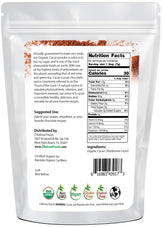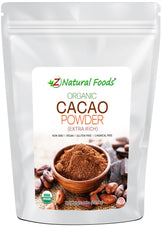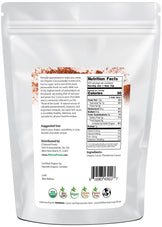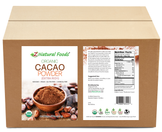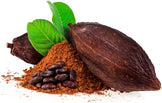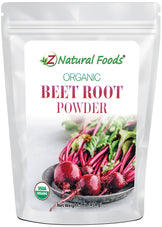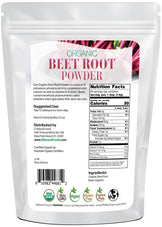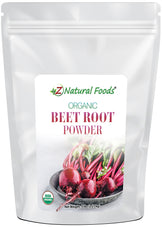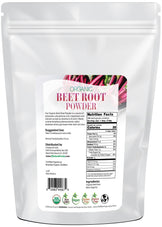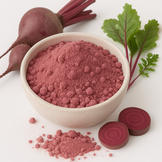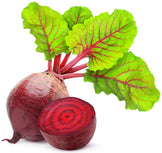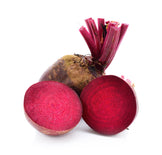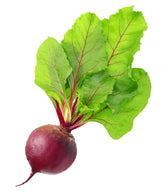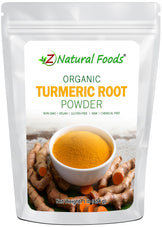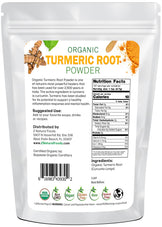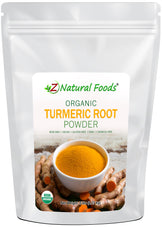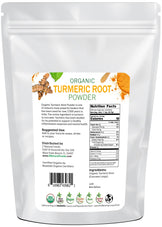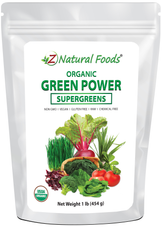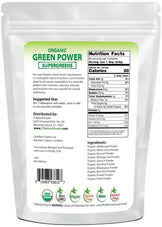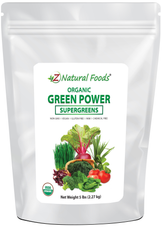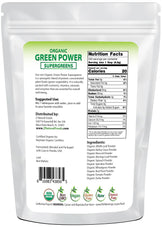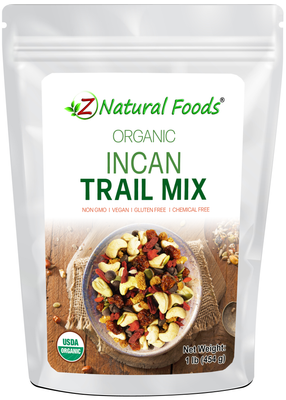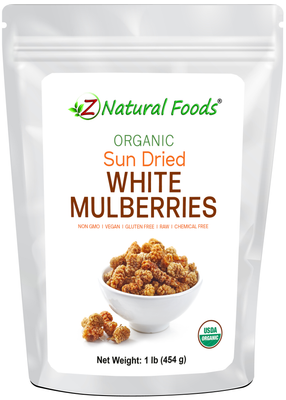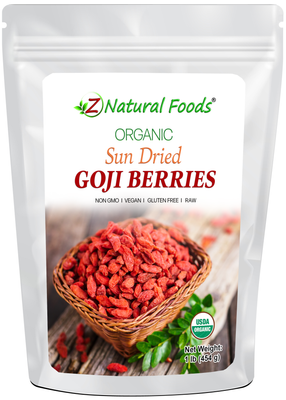Hi everyone, Mike Stuchiner, Master Herbalist here with Z Natural Foods, and today's video will answer the question, "What are the major tonic herbs?" But before we get started, I want to mention two quick things. Number one is if you'd like more information about me, please go to my YouTube channel, "A Master Herbalist's Perspective." And you can also go to Z Natural Foods to read many of my different articles and see more of their products. Next is the health disclaimer. The information you're about to receive is for educational purposes only. It is not intended to treat, prescribe, or diagnose any specific or general medical conditions. It is not to be used as a substitute for your primary healthcare provider's diagnosis, treatment plan, or medical information. With that said, let's get started.
So, to answer the question, "What are major tonic herbs?" Before you actually answer that question, I just want to make a quick point that tonic herbalism in traditional Chinese medicine is a rather complex system. And I've mentioned this in some other videos I've done about this topic and in some of my articles, that there are no specific simple general answers. Everything is very much narrowed down to the individual and their needs at that time. Thought that that was really important to repeat yet again. Although I've said this many times, you guys, so water cm principles dictate. There are many factors to living a healthy and fulfilling life. Some of those factors include your lifestyle, your constitution, the level to which you proactively take preventative measures to help build your well-being, and your ability to avoid and adapt to external stressors. And TCM one's constitution is measured in lifeforce or otherwise known as jing. Jing is naturally substantial, meaning you're more vibrant, resilient, and robust. Therefore, hence to generally mean that you have won what is known as the genetic lottery and have a better shot at living a long and vibrant life, or so we thought.
In simple terms, we have learned from science, tradition, and a little bit of common sense that those with strong constitutions due to good genetics are equally vulnerable to dying young and being susceptible to conditions throughout their life, with the primary culprit being an unbalanced lifestyle. This one factor alone can strongly deplete one's gin, whether or not they have great genetics. Therefore the need for tonic herbs has an excellent reference in this specific case. In order to understand major tonic herbs, it's extremely important to first understand how a tonic herb is defined based on function and criteria. In simple terms, four primary fundamental aspects define a tonic herb. First, tonic herbs create and support a state of physical, mental, and emotional well-being through the appropriate balance of yin and yang energy to attain vibrant and healthy. Two, tonic herbs can be used for an unlimited period of time with no adverse effects. Three, no matter how long an individual uses tonic herbs, they never build a tolerance to it. And four, true tonics come from their authentic source and spiritual homeland. This principle is known in Taoist herbalism as Di Tao and makes a vital difference in plant medicine's potency and efficacy. Tonic herbs are not used to treat or prevent any specific issue. What they actually do is they promote and support general well-being by enhancing energy and regulating function. The priority is not about healing but gently promoting one's health. Tonic herbs provide adaptive chi, allowing us to deal with daily stressors more efficiently. Ultimately, this will enable us to grow as human beings.
There are four primary categories of tonic herbs. The first one is known as Qi tonics, also known as energy tonics, with a primary function of increasing energy production. TCM believes they enhance nutrient absorption and yield blood and energy. They're known to support metabolic processes, influence the spleen, and nurture the lungs. Next are blood tonics. These are known to nourish and balance blood via optimizing nutrient utilization. Blood nourishes tissues and provides a means of distribution of nutrients, hormones, and immune cells. Yin tonics are the third category. Yin is the accumulation of stored energy condensed in all body tissues, primarily in all significant organs, specifically within the kidney. Stored energy in the kidney is known as the essence and is considered the body's fundamental reserve. Yin tonics are associated with preserving quality. Finally, Yang tonics. Yang is the utilization of stored energy. Yang tonics, warm or hot in power, are associated with creativity and are therefore believed to build strength and courage. Yang herbs are used to stimulate metabolism, build muscle, and support the skeletal system.
All tonic herbs, like nourish at least one of what TCM calls the three treasures. The three treasures are interconnected and contribute to overall health and well-being. They are the following: Jing, the essence primarily stored in the kidney; Qi, the lifeforce vital energy stored in the kidneys; and Shen, the emotional and spiritual layer of our being that reflects the state of our nervous system.
In conclusion, tonic herbalism is one of the oldest and most well-established systems for supporting overall well-being, and tonic herbs have an exceptionally well-established history of usage. So, in the end, pick your tonic herbs and, most importantly, nourish your three treasures and live a long, healthy, happy, vibrant life. This is Mike Stuchiner, Master Herbalist with Z Natural Foods. I'll see you next time.

















